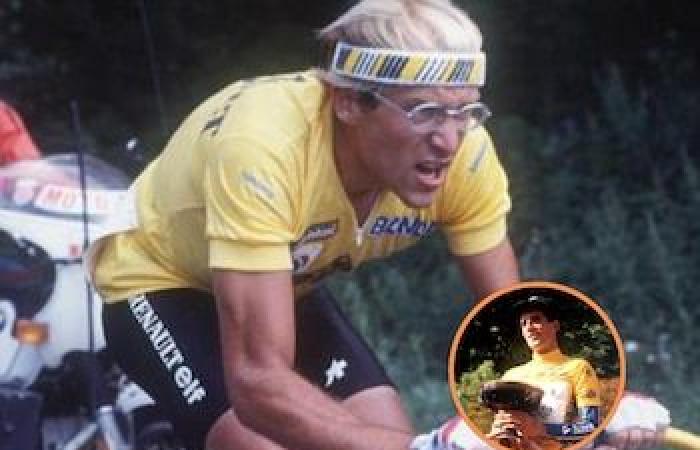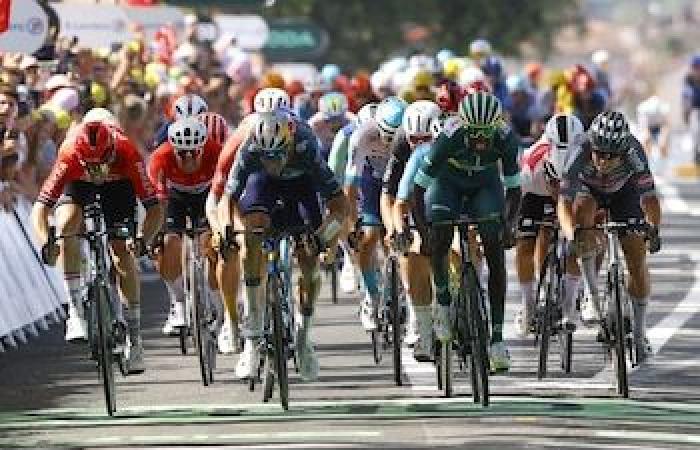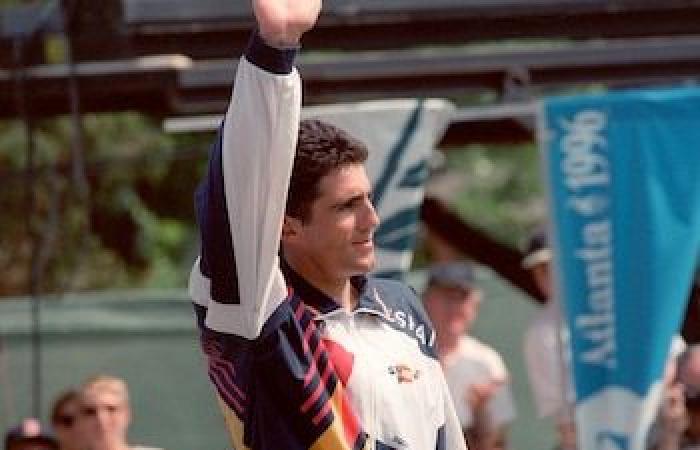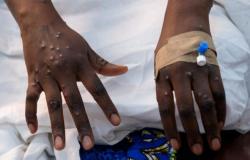The sporting world has recently been shaken by the discovery of more and more cases of doping in various disciplines. After football, with players like Paul Pogba or Papu Gómez, it is now the turn of tennis, with the famous cases of Jannik Sinner and Iga Świątek. However, the discipline that often comes up in these cases is cycling. This sport has been marred by accusations targeting major figures, suspected of having used banned substances, designated as such by the International Cyclist Union (UCI).
Among the most notable names is Frenchman Laurent Fignondouble champion of the Tour de France. Despite his success, his career was tarnished for many when he himself admitted in a book to having used banned substances to improve his performance. So, this cycling icon, now deceasedhas lost part of his credibility, although he accused the rest of his generation of acting in this way, as he declared in an interview with the French daily The Team.
Without fear of calling into question all his successes, the French runner wanted to be transparent with his fellow journalists. “It was the system that imposed this on us. It was part of our job, part of the game,” he admitted during the interview, confessing indirectly that he had won his two Tours de France fraudulently thanks to the use of stimulating products for improve its performance.
“We said to ourselves: ‘everyone is doing it and the product is not detected…’”, he explained to downplay the importance of this practice. “Why not ? This doesn’t really change the results or the hierarchy, and what’s more, it was rather occasional and not necessarily during big races. We did not feel the feeling of betrayal,” he said without showing regret or discontent.
Miguel Indurain is a Spanish sporting icon, having won five consecutive Tour de France victories (1991-1995). However, in the book where the double French champion openly addresses doping, he sows doubt on the triumphs of the Navarrese and his possible involvement in doping.
According to him, at that time, doping methods had radically evolved. “We can’t say anything,” he initially commented. “It is enough to note that his reign coincides with a great change which seems very clear,” he added, subtly suggesting insinuations with regard to Indurain. In addition, he said he had expressed similar doubts about Armstrong, an icon of cycling.
“I don’t know what he did, but I don’t understand why he wouldn’t do like the others”he concluded about the best Spanish cyclist of all time when asked about his five consecutive titles in France.
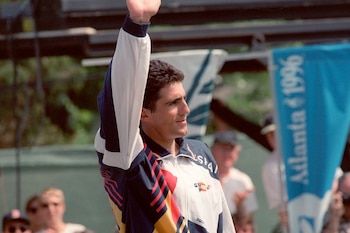
Far from doping, the Frenchman has also been involved in drug and corruption scandalsas his book indicates, according to what theAgence EFE. One of the most notable episodes dates back to 1984, when he claimed to have won a stage of the Clásico RCN under the influence of cocaine. “One gram each… which evaporated in our nostrils,” wrote the cyclist.
Watch Sports Live ????
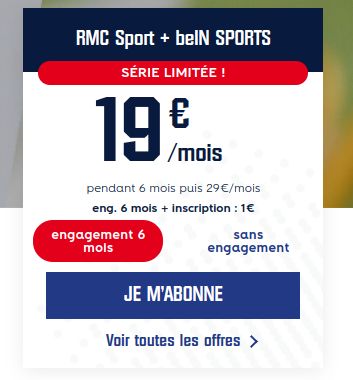
The article highlights the doping problems plaguing many sports, including cycling. It seems essential to consider not only the individuals involved, but also the system that can sometimes encourage these behaviors. How can sports authorities react to curb these practices and promote fair competition? Further reflection on these questions could help inform the future of the sport.
Our editors use AI to help them deliver fresh items from trusted sources to our users. If you find any image or content that is inappropriate, please contact us via DMCA form and we will promptly remove it. / Our editors use AI to help them offer our readers fresh articles from reliable sources. If you find an image or content inappropriate, please contact us via the DMCA form and we’ll remove it promptly.
Swiss

